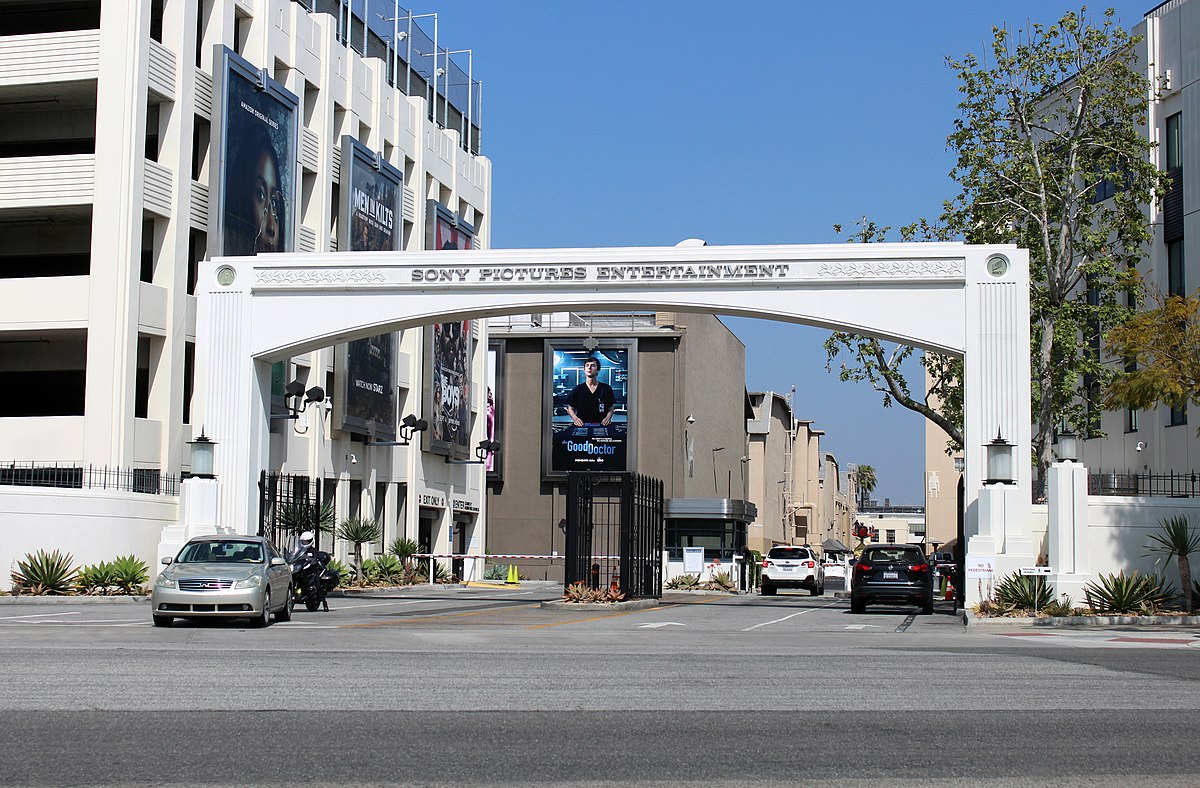Gabriel Chu is currently a story analyst at Sony Pictures and works with artists, writers, and directors to identify and develop new ideas and stories, shepherding them from page to screen. Prior to joining Sony Pictures, he was an executive at Vertigo Entertainment, working closely with award winning directors and writers on both animated and live action film projects for Warner Brothers, Lionsgate, The Weinstein Co. and Fox Animation. Gabriel started his career at director Bryan Singer’s company, Bad Hat Harry Productions, and has also worked at Summit Entertainment and Mandalay Pictures. He spoke with Creative Screenwriting Magazine about his role in bringing stories to the screen and how screenwriters can benefit from his expertise.
What is Sony’s film and TV remit right now as it relates to your job?
Describe your most common daily activities over the past week.

Gabriel Chu
